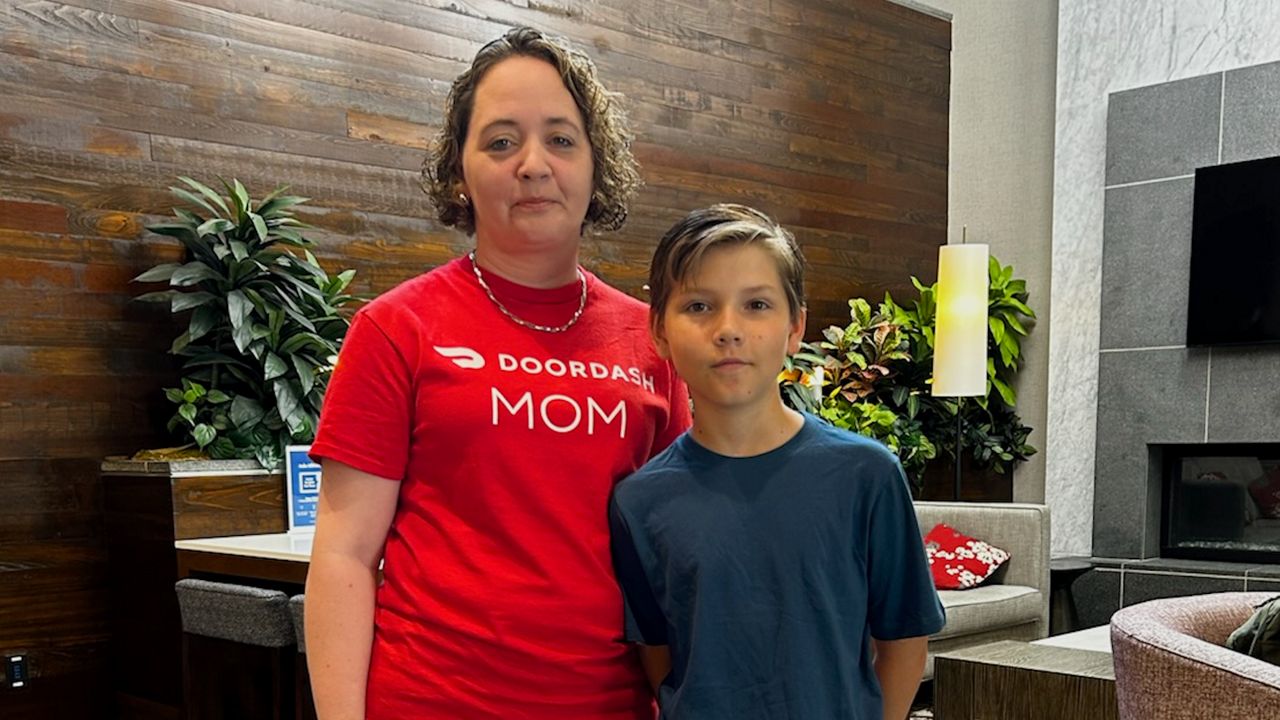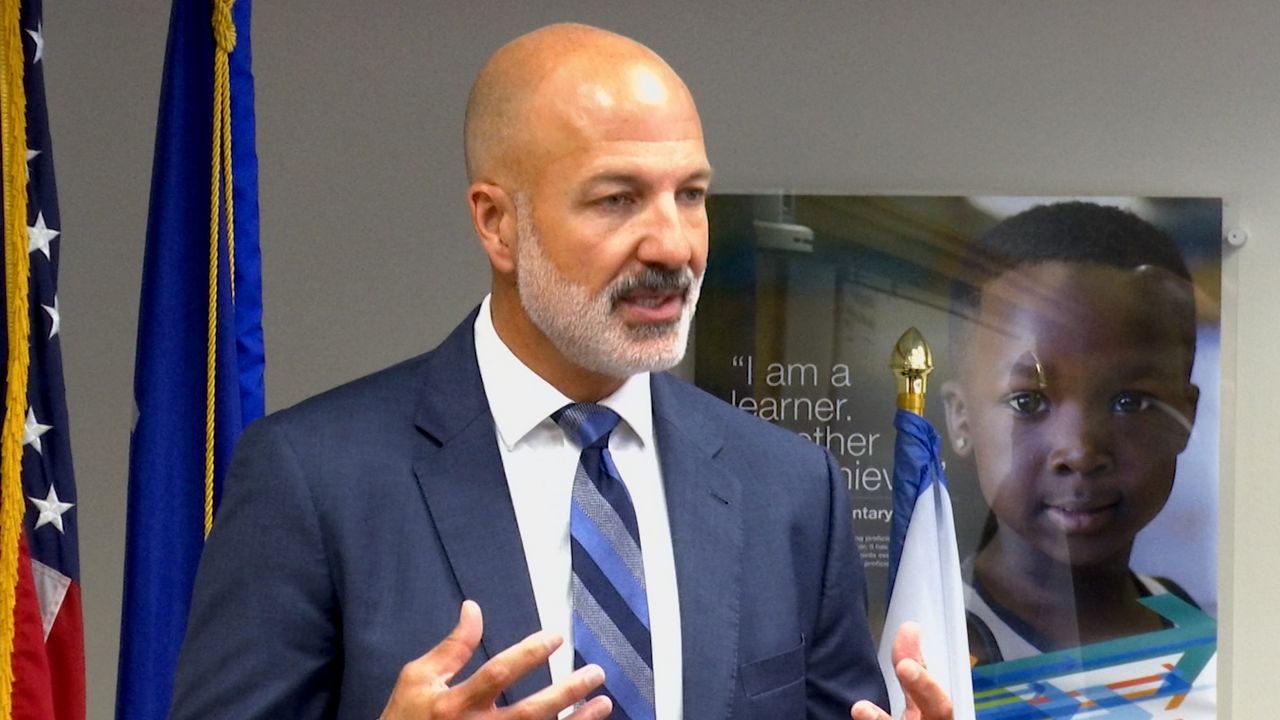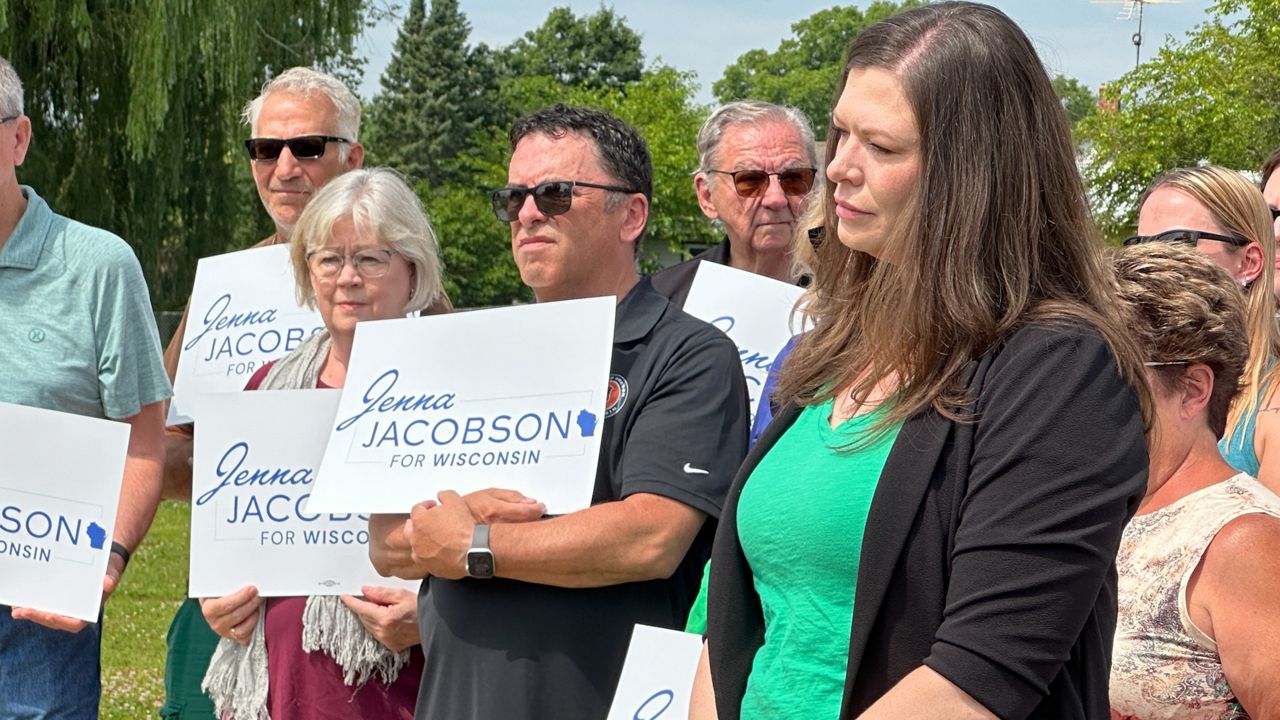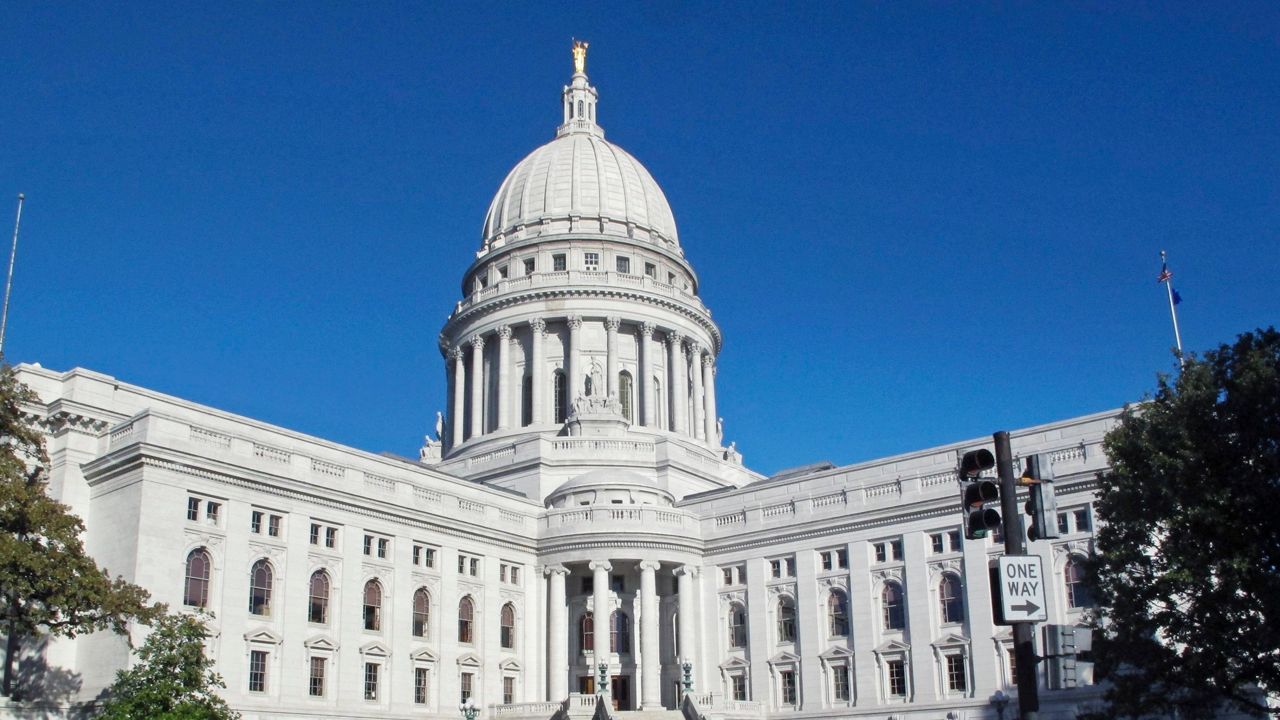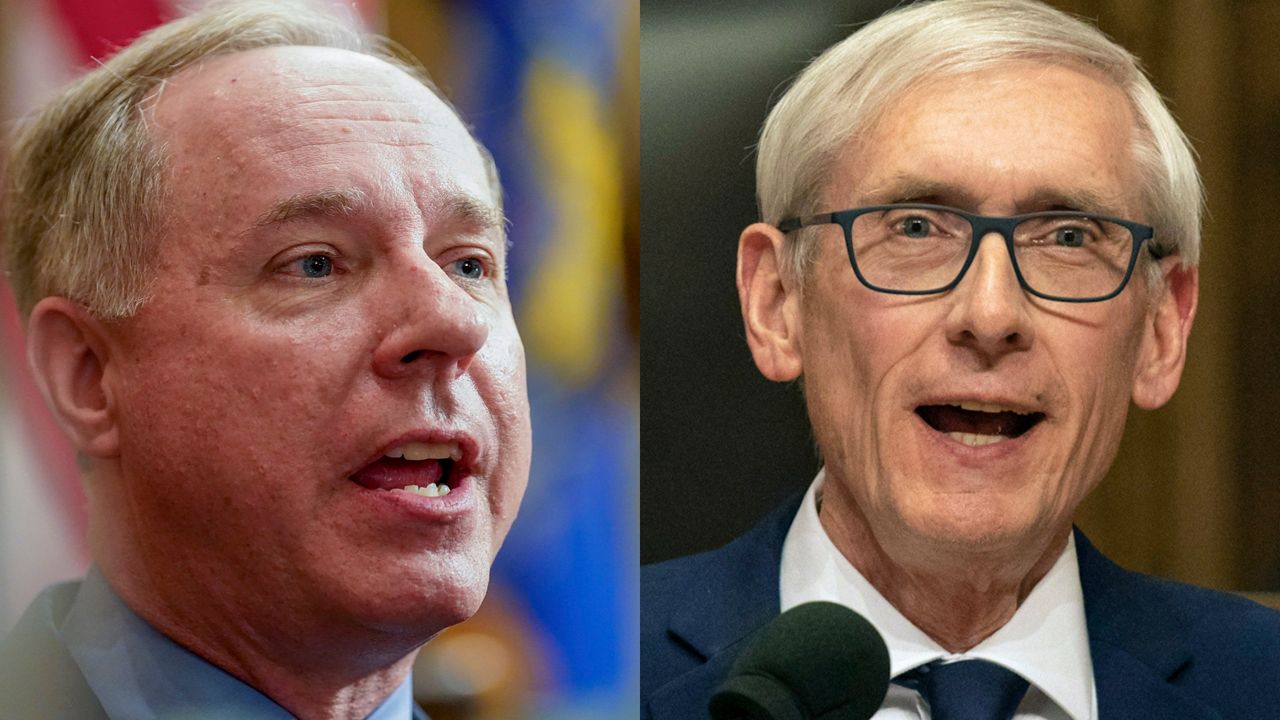MADISON, Wis. — It’s Madison versus Washington, D.C., as lawmakers at both the state and federal levels race to finish budgets.
Unlike in previous years, who gets the job done first could make a big difference when it comes to how much funding the Badger State brings in from our nation’s capital.
Earlier this week, Democratic Gov. Tony Evers and Republican leaders reached a deal on the state budget. Part of that deal, totaling an estimated billion dollars for hospitals, now hinges on who can put pen to paper first: Gov. Evers or President Donald Trump.
“That’s why we’re working really fast to get it done,” Majority Leader Sen. Devin LeMahieu, R-Oostburg, told reporters before Wednesday’s extraordinary session. “We will get the bill to the governor’s desk prior to the president signing the Big Beautiful Bill.”
The state Senate took the lead Wednesday, as the Assembly waited in the wings.
“A budget is a compromise document. It involves compromise within a caucus, it involves compromise between the houses, and it certainly involves compromise with the governor’s office,” State Sen. Howard Marklein, R-Spring Green, who co-chairs the budget-writing committee, said.
The compromise includes raising the rate Wisconsin assesses hospitals from 1.8% of patient revenues to 6%, which is the maximum allowed by the federal government to match those dollars with funding that mostly goes back to hospitals.
Under the proposal, the governor’s office estimates Wisconsin hospitals would get nearly a billion dollars more, with the state keeping 30% of those dollars for the Medicaid trust fund.
However, that’s only if Wisconsin lawmakers can beat the White House on signing the spending package into law.
“Weeks ago, legislative Republicans walked away from negotiations with Governor Evers, and they did so to attempt to cater to the most extreme members of their caucus. In doing so, they wasted valuable time that was necessary for us to get a good budget across the finish line,” State Rep. Tip McGuire, D-Kenosha, who serves on the Joint Finance Committee, told reporters.
Many lawmakers, especially Democrats who are vying to pick up more seats in 2026, still have heartburn over backing the spending bill.
“There are some real positives in this budget for the people of Wisconsin,” Minority Leader Rep. Greta Neubauer, D-Racine, explained. “We know that Republicans wanted to put very little money into child care and education. They wanted to cut the UW System. We are in a better place, and we appreciate that work, but we were not at the table in this negotiation, and I am not going to give my vote to a budget that doesn’t meet the needs of my community.”
Neubauer said she didn’t have a seat at that table because Assembly Republicans insisted they didn’t need votes from Democrats to guarantee passage.
“And for my Republican colleagues, hopefully, the fact that they needed Democratic votes to get this thing over the finish line is a wake-up call and will inspire continued bipartisanship,” State Rep. Kalan Haywood, D-Milwaukee, added.
Meanwhile, President Donald Trump said he wants the reconciliation bill, or the One Big Beautiful Bill Act as it has come to be known, on his desk by the Fourth of July, which means the clock is ticking for Wisconsin lawmakers.





